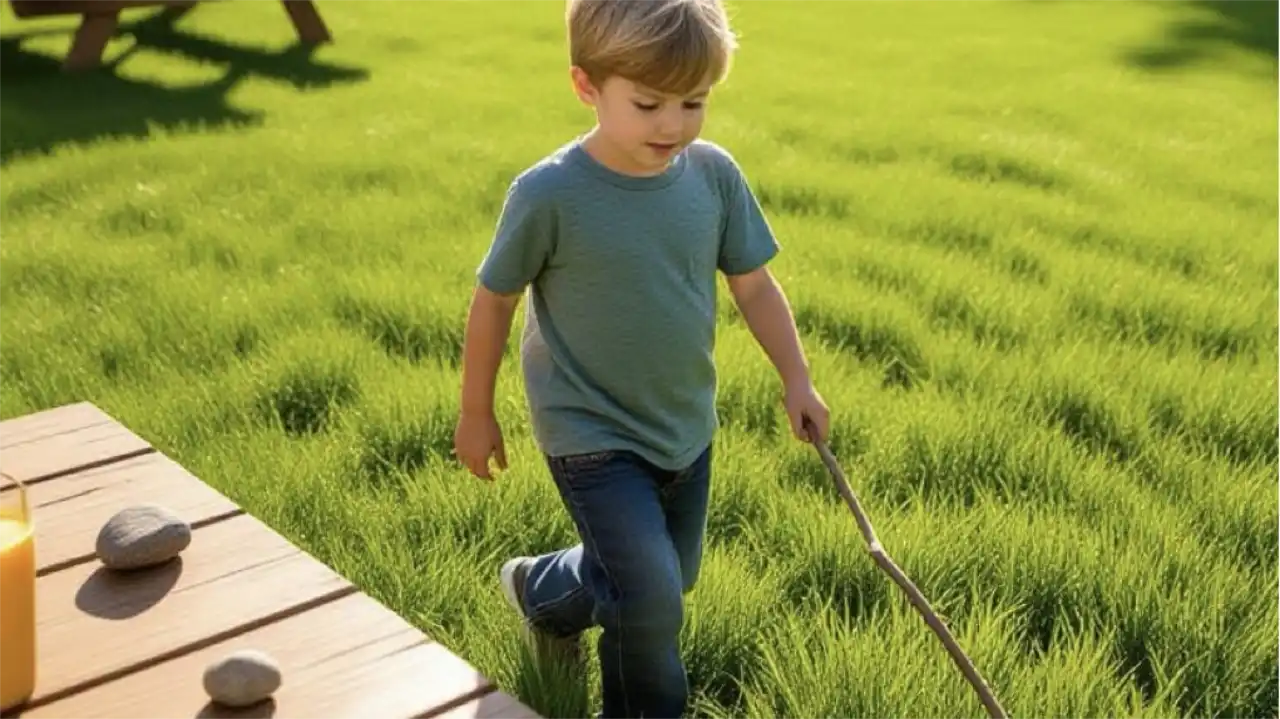
Wandering Freely: Roam Without Aim
N
ot every walk needs a destination. Sometimes, the most powerful discoveries happen not because a child noticed something—but because nothing was scheduled, and their mind had space to drift. When you let them meander—choosing the path, pausing where they please—you’re doing more than allowing movement. You’re giving them a zone for unscripted thought. Whether it’s a puddle, a mural, or the feel of sunlight on a wall, these moments whisper: curiosity doesn’t need a plan. It only needs room to wander.
One afternoon, my son wandered the backyard with a stick. He wasn’t digging, building, or hunting. Just walking. I nearly interrupted with a suggestion—then stopped. Later, I asked what he’d noticed. “The wind made the grass lean,” he said. I nodded. That was enough. I didn’t push for more. Over the next few days, he began pointing out shadows, tracks, patterns. Not to perform—but because he’d learned there was value in looking. I didn’t shape those thoughts. I made room for them to unfold.
If your child gets bored, don’t rush to fill the space. Let them fidget, wander, or sprawl without direction. It might look empty, but something’s stirring. Ask what they noticed or where their mind went—but only if it feels natural. Some moments will pass quietly. Others will surprise you. The point isn’t to harvest insights. It’s to honor the unstructured hours where the mind rearranges itself. That kind of roaming builds more than ideas. It builds ease with thinking itself.
Wandering Freely
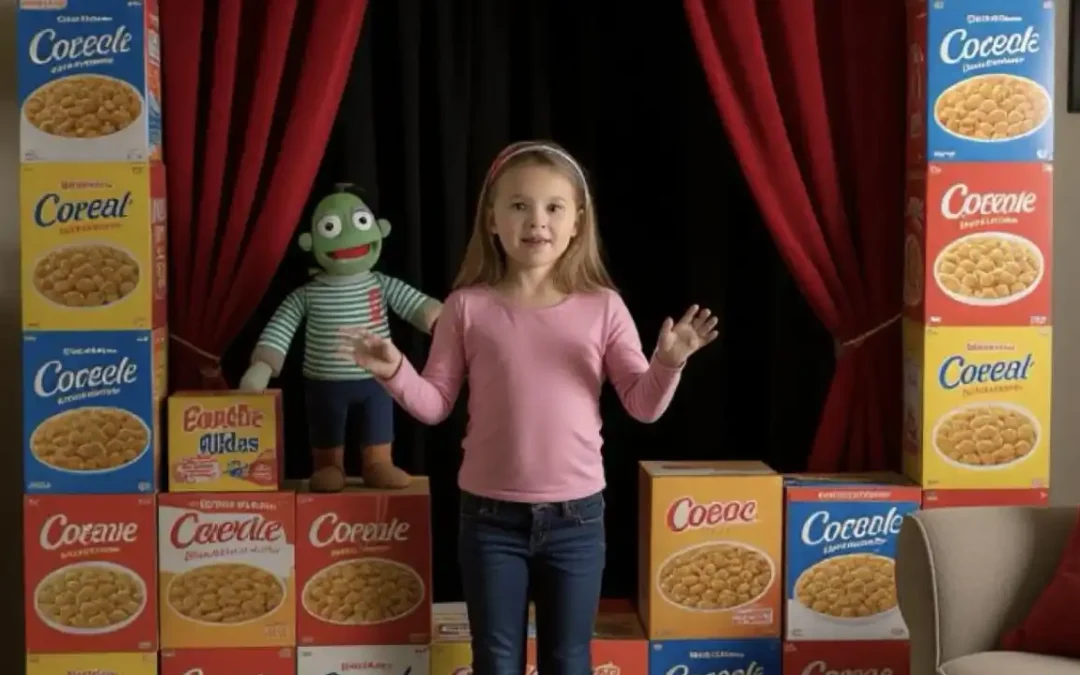
Wandering Freely: Cheer Their Bold Ventures
Celebrate when children take brave steps into new challenges. Encouragement builds confidence, resilience, and a sense of personal strength.
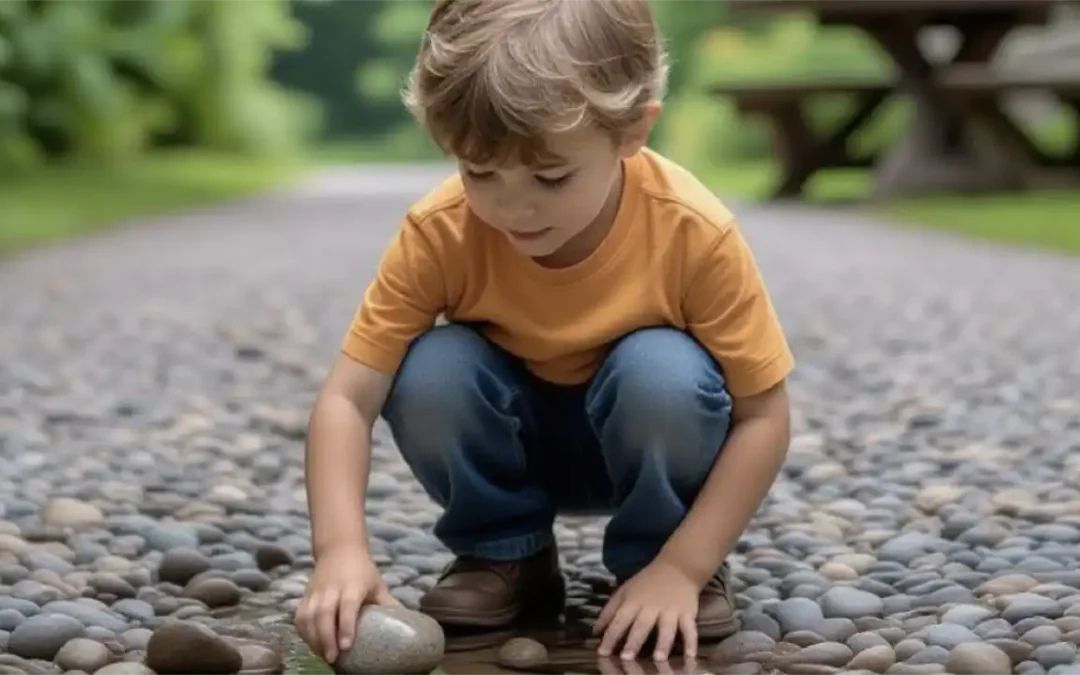
Wandering Freely: Follow Their Whims
Let curiosity lead. Following children’s natural interests builds joyful learning, confidence, and deeper motivation.
Table of contents

Primordial Soup for the Mind: Navigation
Navigate the book Primordial Soup for the Mind.
TIPS
- Let walks have no goal—see where questions take you
- Say “yes” to detours now and then
- Treat boredom as a gateway, not a glitch
ACTIVITIES
- Follow the Cloud: Pick something moving—like a bug or breeze—and follow it for 5 minutes
- Ask Until Lost: Keep asking “Why?” or “What’s that?” until curiosity takes over
- Random Rule: Let a coin flip decide turns, topics, or direction—turn chance into a map
EXAMPLE
We followed a squirrel until it vanished into a wall. My son called it “a portal.” He still wonders.

Download “Primordial Soup for the Mind: A Parent’s Guide to Nurturing Intellectual Growth”
Enter your information to get this article and hundreds more as part of the FREE book Primordial Soup for the Mind.
Share your thoughts with the Thought Academy community in the Comments section below.

Sharpen those skills!
Enter your information to get our FREE practice exercises so you can hone your critical thinking and reasoning skills!



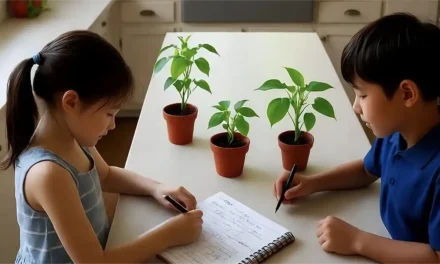
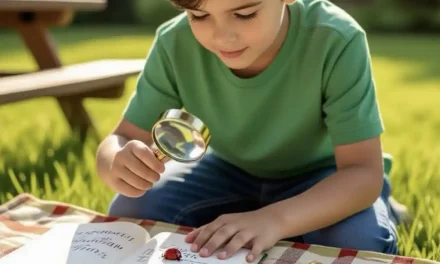

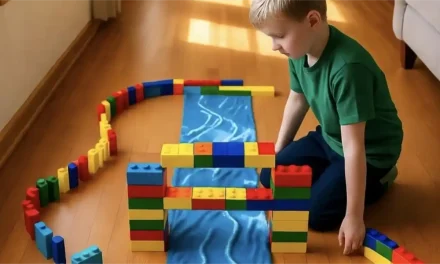
0 Comments